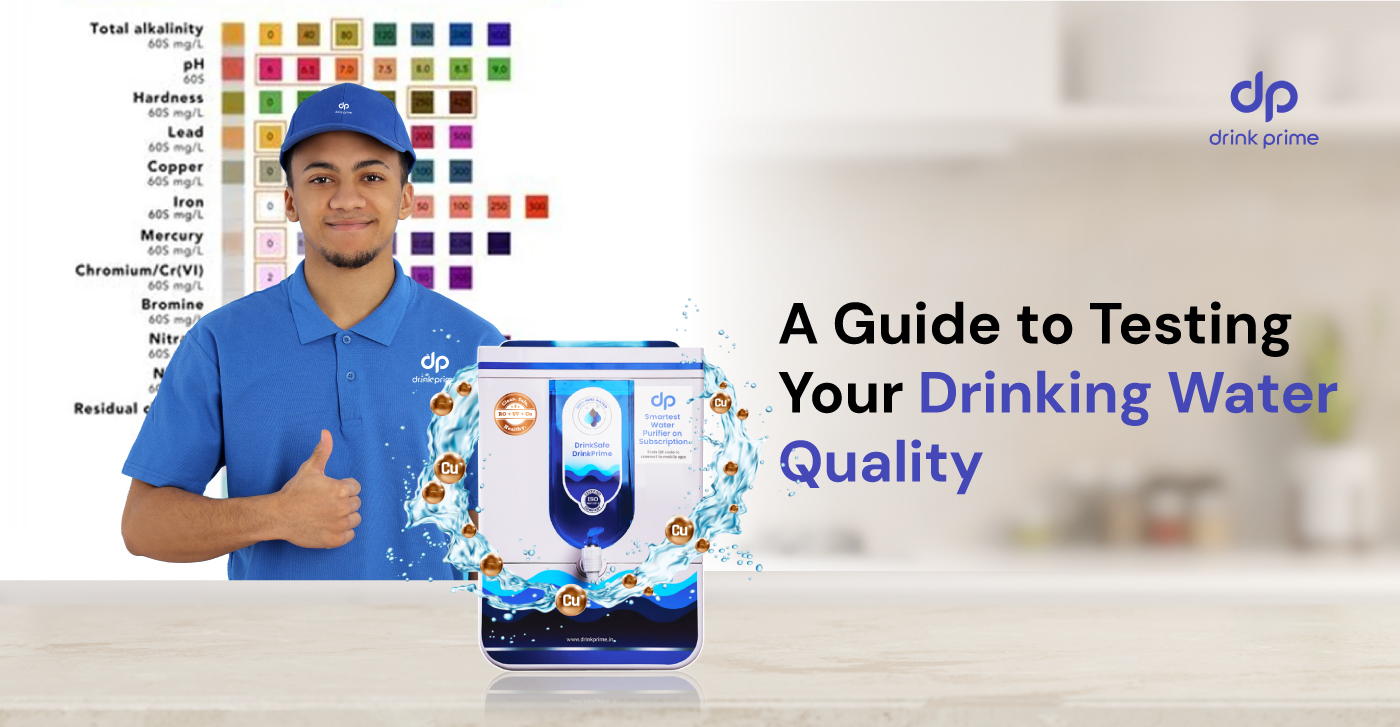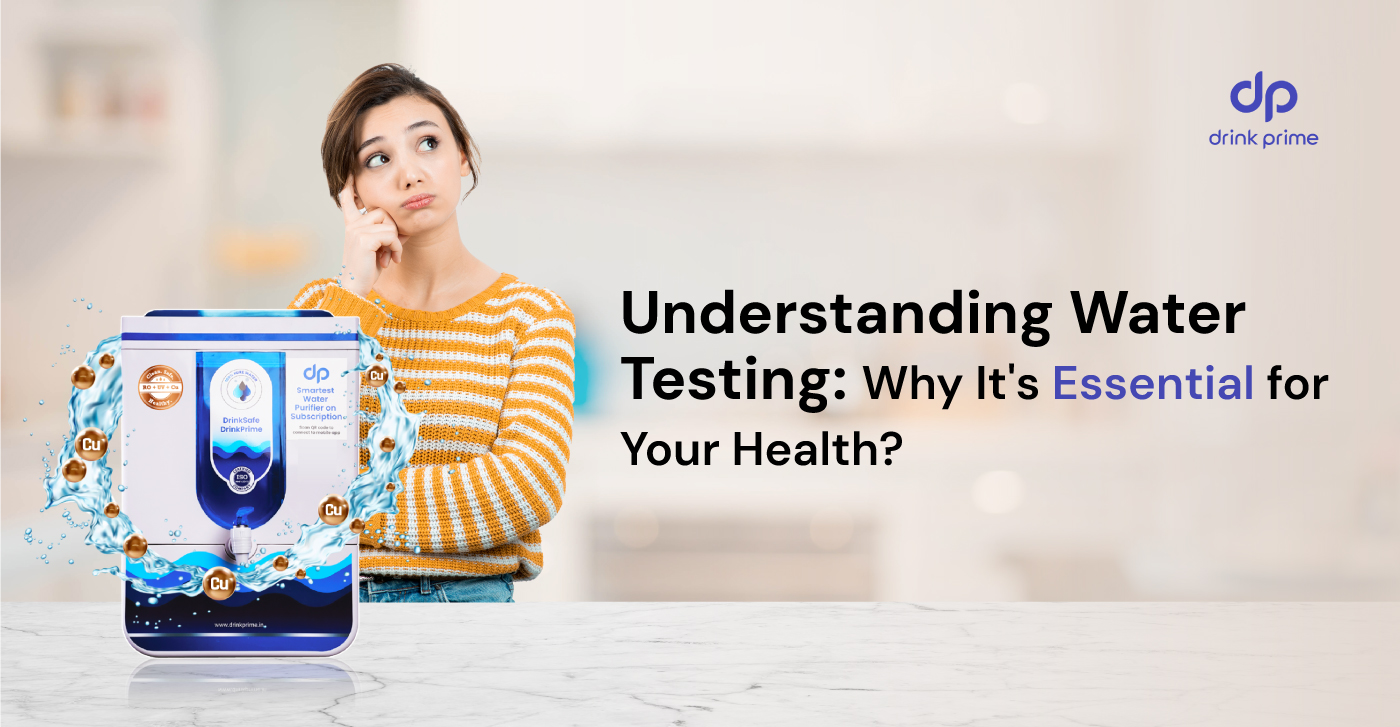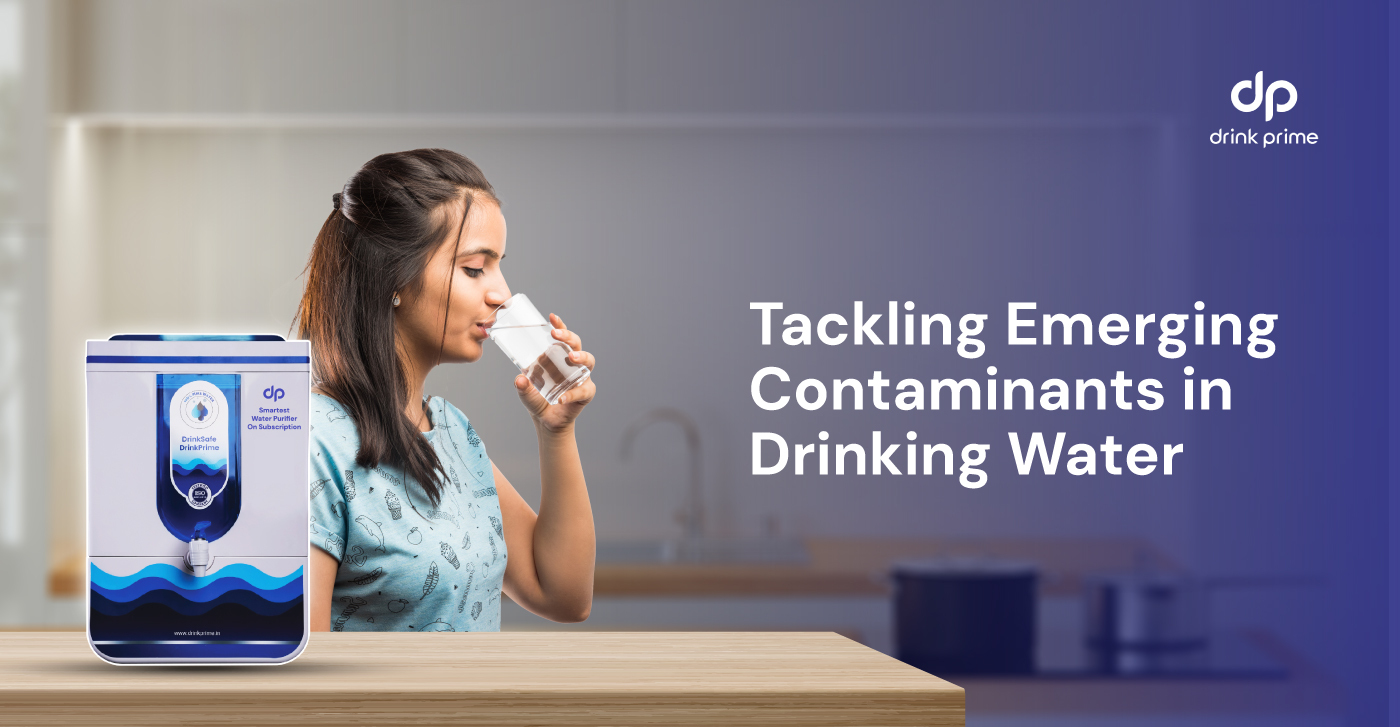Pregnancy is the most beautiful and transformative journey in a woman’s life. But along with the excitement, it brings a whole set of new challenges, and one of the most important is staying properly hydrated. Water plays an important role in supporting your growing baby’s development, regulating your body temperature, and making sure your organs are functioning properly.
Besides, with morning sickness, hormonal changes, and a constantly shifting appetite, drinking enough water sometimes feels like a huge task. If you’re expecting (or supporting someone who is), here’s everything you need to know about how to stay hydrated during pregnancy and how a smart water solution like DrinkPrime can help make the journey smoother.
Why Does Hydration Matter the Most During Pregnancy?
So, during pregnancy, your body requires significant water to support several vital processes. Moreover, water helps in forming the amniotic fluid that surrounds and protects your baby, supports fetal circulation, aids digestion, boosts nutrient absorption, and flushes out toxins from your system. Besides, it also helps in combating common pregnancy symptoms like swelling, constipation, and fatigue.
Additionally, doctors generally recommend that pregnant women drink about 8-12 cups of fluids daily, though individual needs can vary depending on factors such as body type, activity level, and even the weather.
Benefits of Staying Hydrated During Pregnancy
It is important to stay hydrated during pregnancy, both for the mother and the developing baby. Moreover, proper hydration supports increased blood volume, which helps form amniotic fluids and aids digestion. Additionally, it can also reduce common pregnancy discomforts like constipation, swelling, and urinary tract infections as well. Drinking water helps in regulating body form and transporting essential nutrients to the baby as well.
Serious Complications of Dehydration in Pregnancy
With regard to dehydration during pregnancy, it can lead to several serious complications that may affect both the mother and the developing baby as well. One of the major risks is low amniotic fluid levels, which are important for fetal development and movement. Also, dehydration can increase the likelihood of neural tube defects due to poor nutrient transport as well. Besides, it may trigger preterm labor, as a lack of fluids can cause uterine contractions. So, dehydration can lead to poor breast milk production after delivery and raise the risk of urinary tract infections, which can worsen if untreated.
Signs of Not Drinking Enough Water During Pregnancy
Sometimes it is not easy to recognise dehydration early in pregnancy. So if you notice dark yellow or strong-smelling urine, feeling lightheaded or dizzy, a dry mouth, headaches, and constipation, you should increase the intake of fluids. Moreover, staying on top of your hydration is important not only for your comfort but also for your overall health and the well-being of your baby. So, be sure to increase your fluid intake if you experience any of these warning signs.
Tips to Stay Hydrated During Pregnancy
1. Carry a Water Bottle
It is important to have a water bottle at all times for a constant reminder to stay hydrated and sip regularly. Moreover, choose a lightweight insulated one to keep your water cool and refreshing throughout the day.
2. Set Gentle Reminders
At times, it is normal to forget to drink water. So, set hourly phone alarms or use any water hydration application for gentle reminders to drink water constantly.
3. Eat Water-Rich Foods
A good way to make sure that your body is meeting its hydration needs and goals is to choose your food wisely. Many water-rich foods double the hydration in your body along with providing it nutrients. Watermelons, cucumbers, strawberries, and oranges are good sources of hydration for your body.
4. Monitor Your Intake
It is essential to track how much water you are consuming. Sometimes, it is hard to guess, especially when you are busy or tired. So, it is important to journal your water intake or use a tracking app to analyse the consumption of water you drink.
Why Choose Safe and Clean Water?
During pregnancy, your immune system undergoes certain changes that can make you more vulnerable to waterborne infections. So, drinking clean, high-quality water becomes even more important. But tap water is not safe, and bottled water is not always practical or eco-friendly for daily use. That is where DrinkPrime comes in. DrinkPrime is a smart water purification brand that ensures you get pure, safe, and mineral-rich drinking water right at home.
Summary
In summary, it is important to stay hydrated during pregnancy, since it is important for you and your growing baby. So carrying a water bottle, setting a gentle reminder, and consuming water-rich food are some additional tips to stay hydrated during pregnancy. Also, it is equally important to make sure the water you drink is safe, clean, and pure. That’s why choosing a trusted solution like DrinkPrime can make all the difference.




